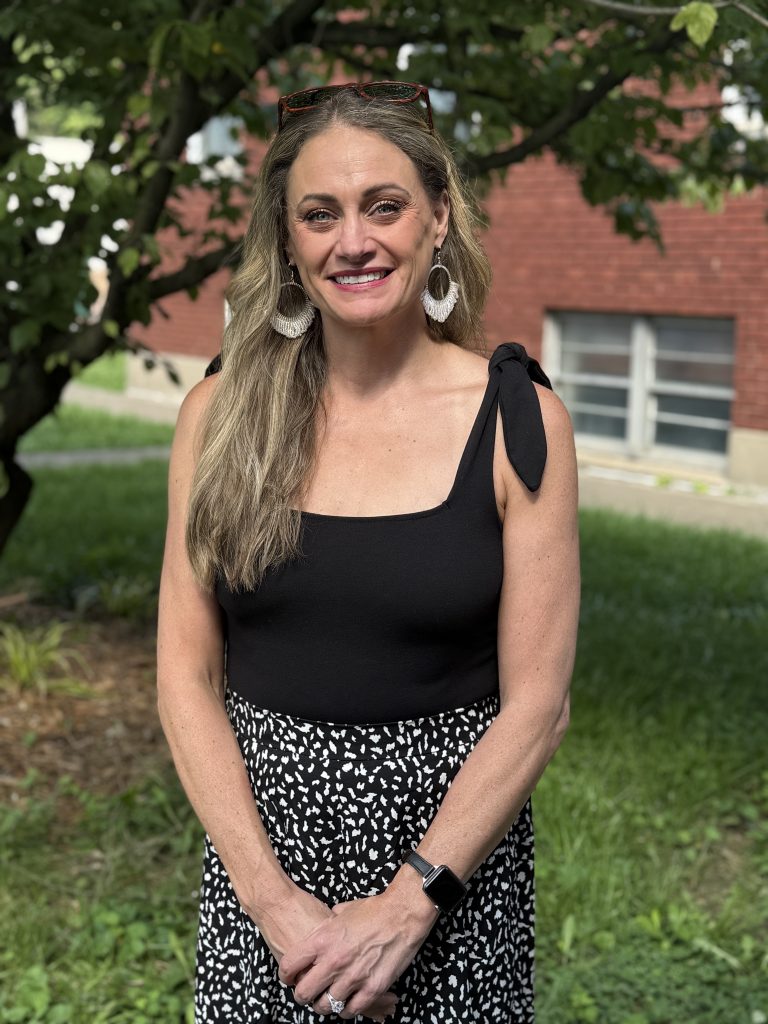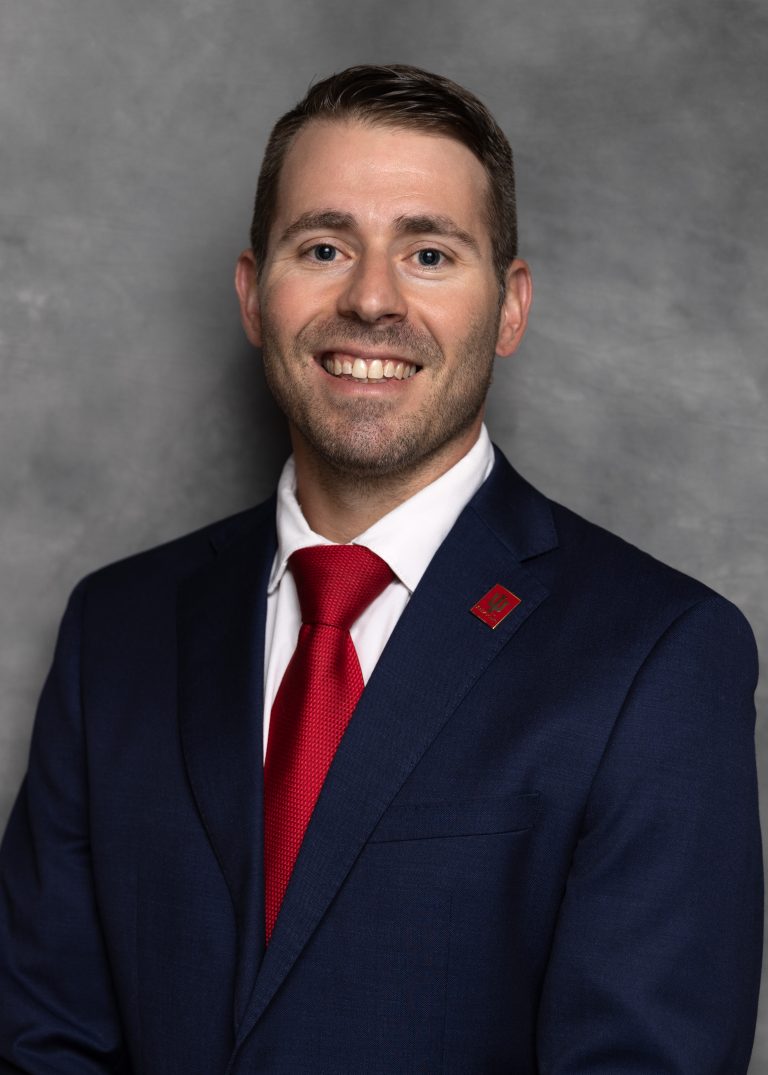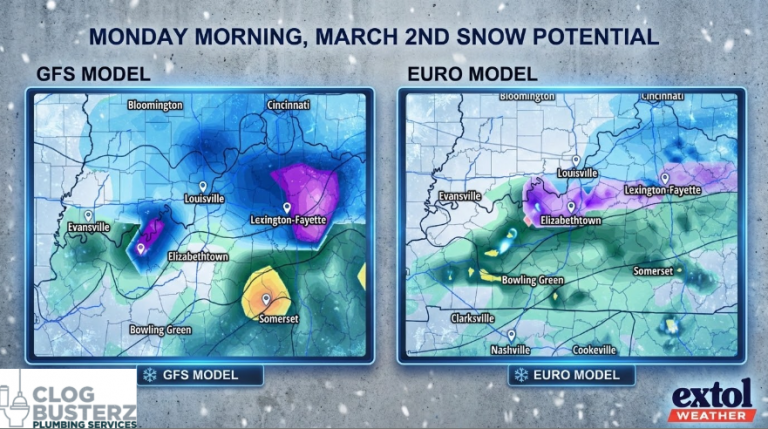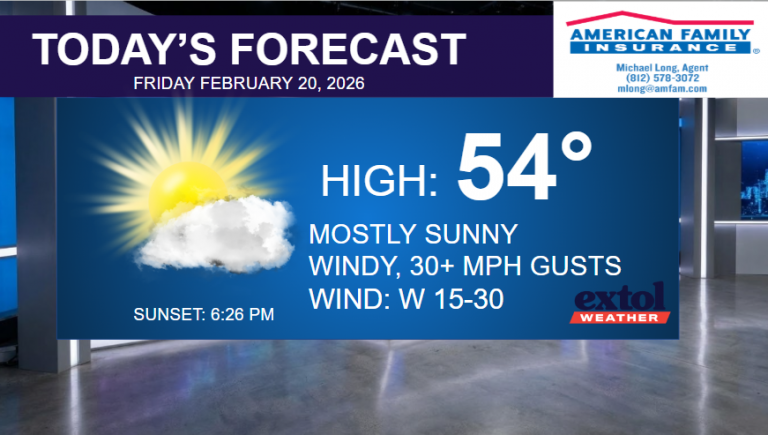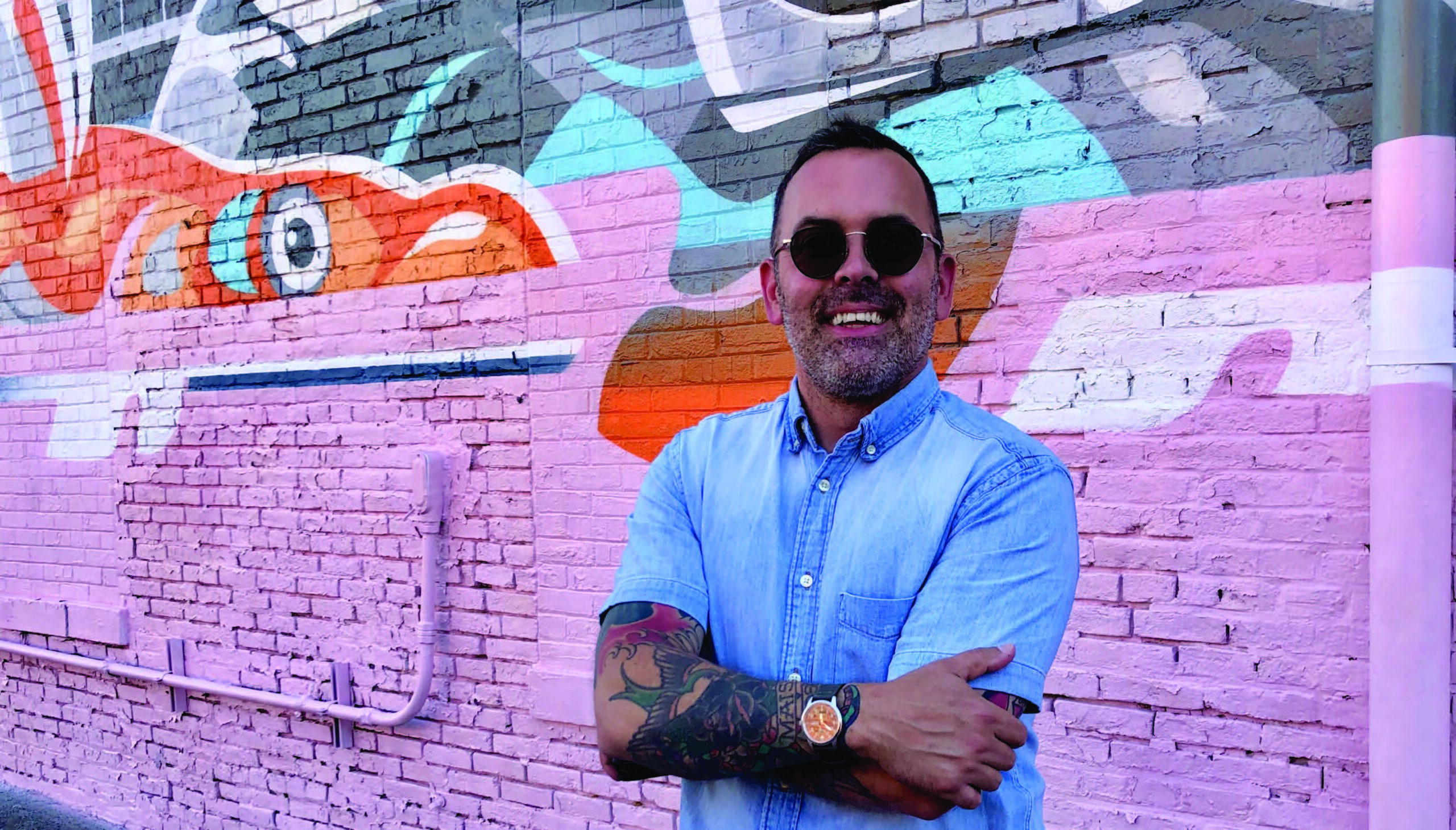
Joe Phillips, Pints & Union provide support to service industry workers
BY MANDY WOLF DETWILER | PHOTOS BY JD DOTSON
By now we all know the restaurant and bar industry has taken a direct hit during the COVID-19 pandemic. While some stood still, others stood up. Joe Phillips was one of them.
For months, the owner of downtown New Albany-based Pints & Union worked tirelessly to help aid displaced service workers – and, soon, anyone in need – directly impacted by the pandemic.
In March 2020, Phillips says he lost 75 to 80 percent of sales immediately after the shutdown, as Pints & Union did not have a large carryout business. He had to lay off his 13 employees and decided to donate the food items the gastropub used to displaced restaurant workers. That quickly moved to anyone who needed aid during the pandemic.
“It was pretty much overnight –– almost complete loss,” says Phillips. “I had to lay everybody off and say if you want to volunteer, you can volunteer but obviously we have no income. We have no funds. I’m going to give away everything I’ve got.”
Pints & Union, which opened in 2018, was one of nearly a dozen restaurants selected from across the country by the LEE Initiative to receive grant money to provide groceries and other goods to restaurant workers who were laid off or saw a severe reduction in hours as the nation grappled with the effects of the COVID-19 shutdown.
The LEE Initiative, launched by Louisville chef Edward Lee and Lindsey Ofcacek, was created to foster diversity and equity in the restaurant industry. The Initiative, in conjunction with Maker’s Mark, worked to provide goods and services to service workers during the pandemic and provided Pints & Union a $10,000 grant in April 2020 to help provide much-needed support to the local community.
“It was important to make sure that restaurant workers were seen as essential,” Lee says. “So many were furloughed and unemployment had not yet kicked in, and it was a real crisis with a lot of unknowns during the first month of lockdown. We wanted to make sure that we helped our industry peers.”
Phillips started making food every day. He had previously worked with the LEE Initiative to help feed government employees laid off during furloughs, and he was contacted by Ofcacek during the early months of the pandemic regarding his outreach in Southern Indiana. With the grant provided by the LEE Initiative, and the aid of corporate donations from organizations like Creation Gardens, Indianapolis-based McFarling Foods, and a local church food bank, what started with displaced service-industry workers spread to more local residents in need.
“Joe [Phillips] was one of the first to reach out to us wanting to help serve community meals, and so it was great to see local businesses that were willing to create meals and help their community,” Lee adds. “I believe that hospitality starts at home and so many local restaurants stood up and helped during the pandemic.”
Because Phillips didn’t have enough room at Pints & Union, he reached out to his landlord and repaired the walk-in cooler at the now-closed Hull and Highwater building to use it as a distribution center. People could drive through for contactless delivery of not only boxes of groceries, but diapers, baby formula, feminine hygiene products and other necessities as well. There also were deliveries made for those who couldn’t leave their homes.
“I wanted to do more than a hot meal because everyone was doing that and that’s not going to solve the problem,” Phillips says. “I wanted to be able to fill people’s pantry and feed them on some level for a week. … We realized these people have neighbors (and) these people have families. We were trying to reach them from every angle that we could. It was pretty involved.”
The initiative lasted about six months, and Phillips estimates they were able to feed on average 50 to 200 people or families a week throughout Kentuckiana.
“If I got a message on Facebook that somebody needed something, and if I could do it, I did it, no questions asked,” Phillips says. “If I have the means to help, I’m going to. I have a building, I had product. It was the first modern American pandemic. Society’s never seen anything like this in America. There was very little leadership. Nobody was really filling the shoes or stepping up – and I’m ex-military. I’m a soldier to my people, not to a political party, and I have four kids. What did you do during history? Your kids are going to ask some day, and this is what we chose to do.
If you enjoyed this article, you may enjoy A Sign of the Times.
Check out our latest issue.








